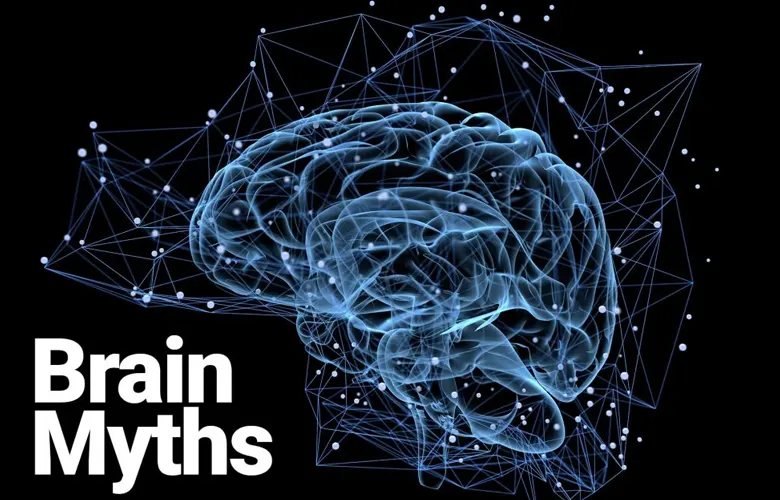
Brain is the most complex and mysterious organ of the human body, which invokes awesomeness as well as myths. Even as neuroscience has advanced considerably, more than a few myths persist that still affect how we think about the capacities and limitations of our brain. Calling out these myths is important for improving science literacy and communication of current advancements in how the brain works.
Humans Only Use 10% of Their Brain
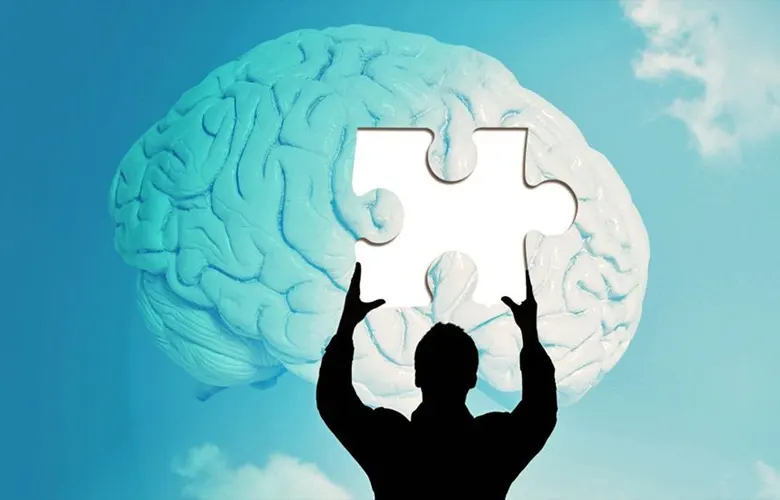
The 10 percent brain myth: One of the most well-known and pervasive is the official-sounding average person uses only 10% of their mind. This myth implies that 90% of our brain potential is on reserve, indicating there may be superhuman abilities waiting to be awoken.
The Myth, explained
The original source of the myth is unknown but probably came from misinterpretation or misunderstanding of some neurological research experiments findings and quotes attributed to great minds such as Albert Einstein. Scientific fact: The present day neuroimaging devices (fMRI and PET scans) show much activity is happening in the brain always at a time. Simple chores activate several regions of the brain.
Functional MRI Studies
fMRI activity in several parts of the brain evident during various tasks (thinking, feeling, moving); which is often across many parts of the brain thereby serving to debunk that 10% usage myth
Left-Brained People Are Logical, Right-Brained People Are Creative
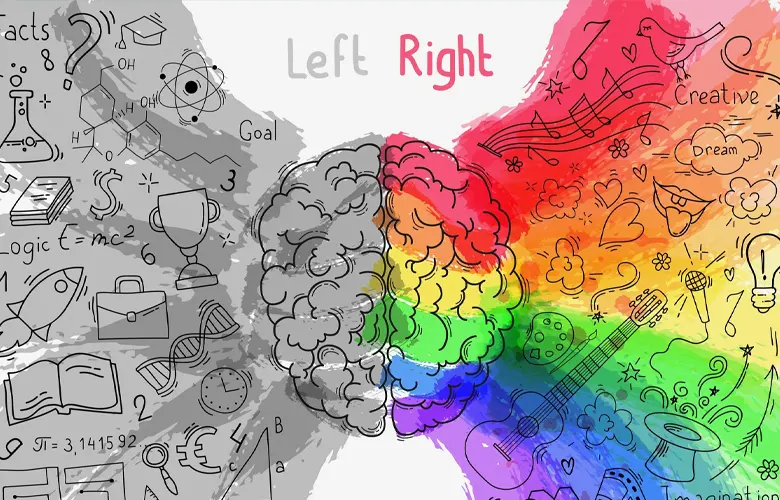
Pop culture has a stereotype of people as being left-brained (logical, analytical) or right-brained (creative, intuitive). One hemisphere of the brain completely controls personality and cognitive functions.
Evidence and Research on Neurology
Lateralization… and bilateralism neurological research has established that although brain functions such as language (left hemisphere) are lateralized, the two hemispheres share many common functions.Nobody is totally left-brained or right-brained.
Coordination Between Hemispheres
Activities like playing an instrument, playing sports require both the hemispheres of the brain and hence ensure both the hemisphere functions are integrated. When we solve difficult problems, are creative, or respond with emotion we do so by engaging networks that go across both hemispheres and it is their functioning with all parts entrained that marks their unity.
Brain Damage is Always Permanent
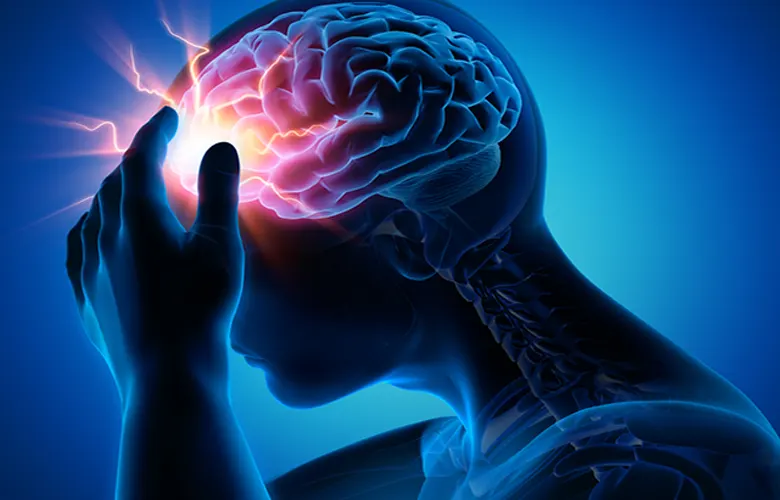
A common misconception is that injuries to the brain are always associated with permanent damage.
Myth
The complexity of the brain leads us to believe that brain damage is permanent.
Neuroplasticity
Neuroplasticity is the extraordinary ability of the brain to reconfigure itself with new neural connections. This characteristic makes the brain more resilient, enabling it to cope with the impact of injury, and adapt to novel situations.
Recovery of Brain Injuries
Many cases operated and significant recovery followed the brain injuries. That there are these exceptions is brilliant for example, even stroke patients often manage to regain lost functions through neuroplasticity-enriched rehabilitation. Children with a brain injury generally have a better outcome than adults because they have more neuroplasticity.
Intelligence is Real and Static
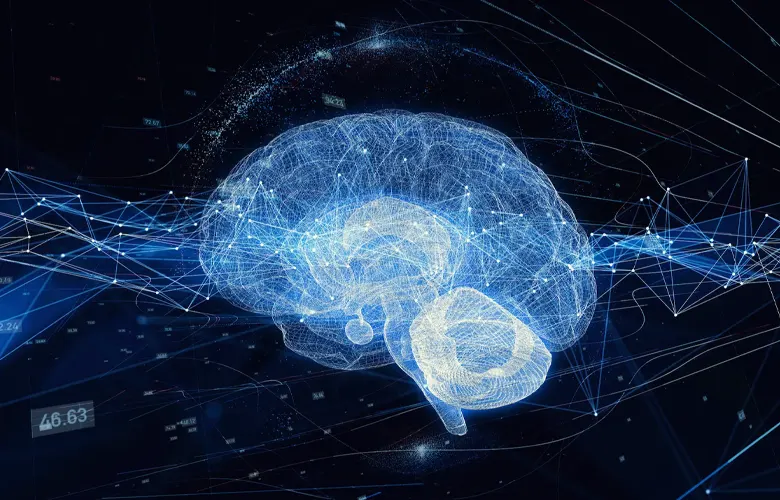
One of the most widespread notions is the intelligence one, and that it is a fixed and unchangeable trait, some sort of a given from birth.
Myth Explanation
This myth suggests that species cannot evolve in their intellectual abilities.
Neural Plasticity and Cognitive Training
In a previous article, I discussed research which demonstrates the benefits to intelligence of cognitive training, higher levels of education, and environmental enrichment. Your brain is plastic and can adapt and learn over time.
Learning and Environment
The most well-known example of this principle is that enriched environments and educational interventions can enhance cognitive development and intelligence across the lifespan. Research on neuroplasticity has shown that the brain can create new neural pathways and fortify existing ones at any age, meaning that intelligence is developed and can be enhanced.
Drinking Alcohol Kills Brain Cells

Myth
Alcohol kills brain cells. I think the belief that many others share is that taking in alcohol kills neurons.
Where This Myth Came From & How Long it Lasts
This is likely a result of the reality of how serious the consequences of alcohol abuse can be for one’s behavior and health.
Fact
While too much alcohol can damage brain function, it does not actually kill brain cells (source) Rather, it causes tremendous neurotransmitter imbalances and leaves neural pathways fragile and easily broken.
While chronic alcohol use (very heavy drinking) is known to cause harm, moderate alcohol use is not, although it can lead to long-term cognitive deficits and frequent recurrences. Although chronic alcohol consumption has been associated with syndromes such as Wernicke-Korsakoff, this is mainly related to the malnourishment we were talking about the other times, and brain damage instead of really killing neurons.
We Have a Specific “Learning Style” (Visual, Auditory, Kinesthetic)
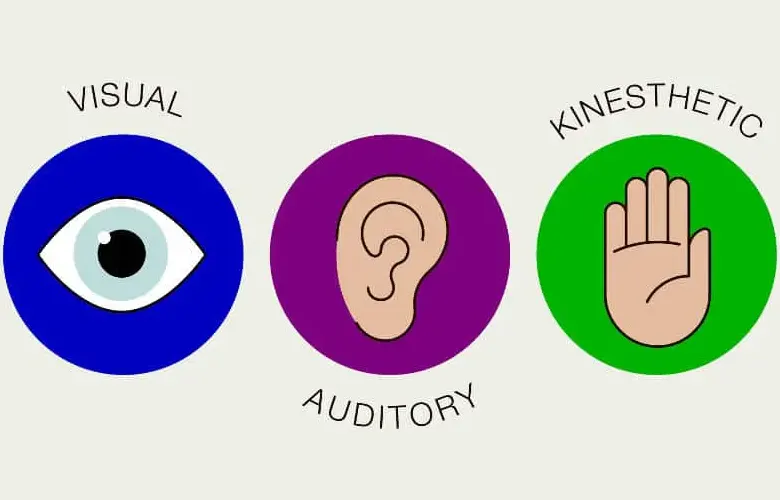
We are Visual, Auditory or Kinesthetic learners It is a well-known concept within the education systems that people learn best through their preferred learning style — visual, auditory, or kinesthetic.
Learning Style Theory
Learning Style Theory divides the learners into three main learning types and proposes that personalized instruction leads to better learning. There is no substantive evidence specifically supporting education and teaching styles related to learning styles. Because effective learning combines different sensory and cognitive modalities.
Diverse Instructional Methods
Focusing on a wide variety of teaching methods helps all students, providing a more robust learning environment. The different learning techniques when used simultaneously can help to tie and hold information more solidly in the mind, regardless of your style of preference.
Listening To Classical Music Makes You Smart (The Mozart Effect)

The Mozart Effect is coined as the belief that listening to the music of Mozart, especially his sonata for two pianos and D Major k488, enhances intelligence.
Busted Explanation of the Myth
As far as Science confirms, this is a myth that has raised the expectation of the world that passive listening to Classical music might enhance Cognitive function and IQ.
Review of evidence
Some trials demonstrate transitory benefits on spatial-temporal reasoning from Mozart listening but these benefits do not reflect long-term benefits in general intelligence. Although listening to music improves mental clarity and mood, playing an instrument has been proven more effective when considering some of the cognitive benefits of music. Whilst listening to music can help improve learning, memory and emotional well being, it cannot in itself make one smarter.
You Can Learn While You Sleep

There are Sleep Learning studies but (in general) they are not effective (or are very weak). The idea that people can learn in their sleep comes from the theory of sleep teaching or hypnopedia.
The Myth
Playing spoken recordings of information while we sleep will help us learn.
Science
Sleep is essential for memory formation but active learning during sleep is not supported by research. You must be conscious in order to encode [] information.
Redundant Information
Sleep and Memory: This covers the role of sleep in strengthening memories formed in the wake state, clearly focusing on its contribution to the general learning process, not to direct education. Sleep helps structure and orders information, but there is no learning facilitation through hypnopedia.

Conclusion
Understanding and debunking these common myths about the brain is crucial for illuminating the actual potential and boundaries of our brain.
We can eviscerate misguided beliefs and marvel over the brain’s truly incredible growing complexity and versatility by leaning on real science and prudence.
Promoting a healthy understanding of how the brain functions and what we can do to help is not only a way to make better decisions with respect to our mental health, but a means of flourishing cognitively overall.
When we accept the brain as an organ that is continually adapting, that is capable of truly amazing things, then we can begin to appreciate and realize its potential.



